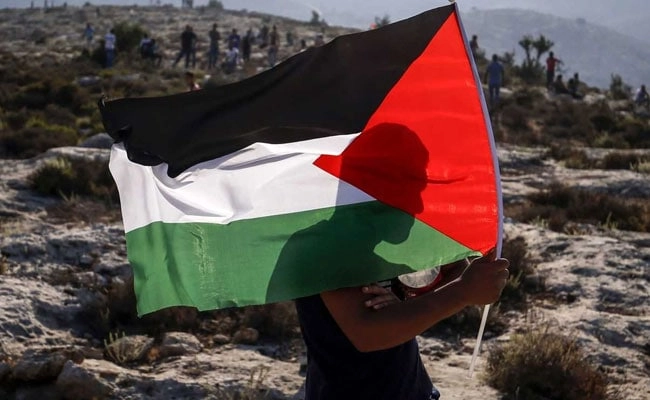Israel has expressed strong disapproval following France’s recent decision to recognize Palestine as a state, labeling this move as a detrimental “aid to terrorism.” This condemnation highlights the ongoing tensions between Israel and Palestine, particularly in the context of international diplomacy and recognition. Israeli officials argue that France’s recognition undermines peace efforts and legitimizes actions that they perceive as violent or extremist. The Israeli government has consistently maintained that any recognition of Palestinian statehood should come as a result of direct negotiations rather than unilateral declarations, which they believe detracts from the potential for lasting peace in the region.
The French government, on the other hand, asserts that their recognition of Palestine is a step toward supporting a two-state solution and addressing the longstanding conflict between Israelis and Palestinians. French officials have emphasized that such recognition is intended to encourage dialogue and cooperation rather than to provoke. They argue that acknowledging Palestine as a state is part of a broader international effort to promote stability and peace in the Middle East. This divergence in perspectives underscores the complexities of the Israeli-Palestinian conflict and the challenges of achieving consensus on key issues.
The Israeli reaction also reflects broader concerns about international perceptions of the conflict and the implications of foreign recognition on domestic and regional security. For Israel, the recognition of Palestine by major countries could embolden factions within the Palestinian territories that oppose peace negotiations and seek violent confrontation instead. Israeli leaders fear that such recognition might shift the dynamics of the conflict, making it more difficult to achieve a viable resolution that ensures the security of its citizens.
As the international community grapples with these issues, the recognition of Palestine by France serves as a litmus test for other nations considering similar actions. The reactions from Israel and its allies will likely influence diplomatic relations and foreign policy decisions in the region. Ultimately, the path toward peace remains fraught with challenges, and the differing viewpoints on statehood recognition exemplify the deep-seated divisions that continue to shape the Israeli-Palestinian conflict. The situation calls for careful navigation and a commitment to dialogue, as both sides work toward a resolution that acknowledges the rights and aspirations of both peoples.




